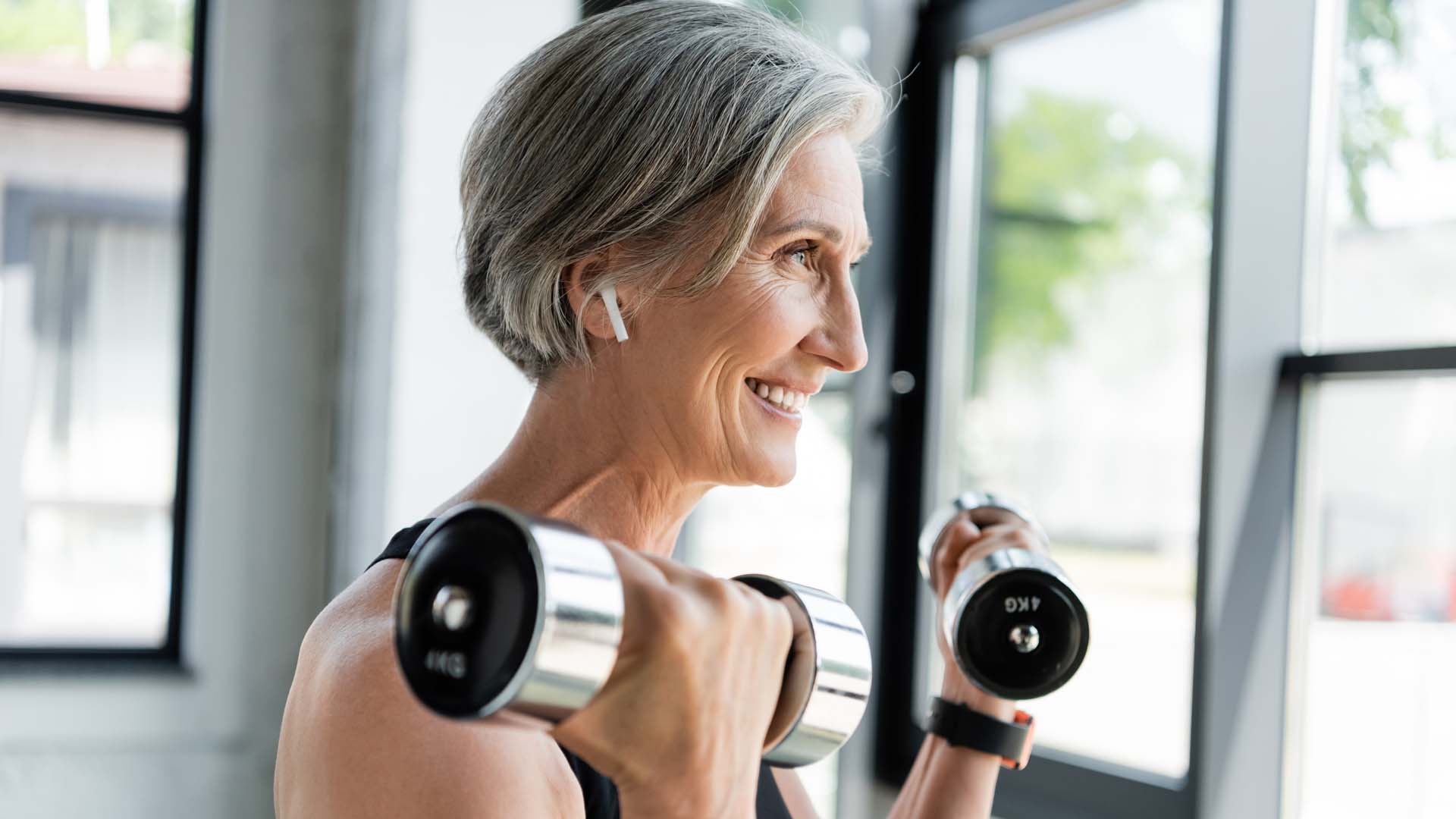
There are many benefits of strength training, and it should be considered an integral part of any exercise regime, especially as we get older.
And the benefits become even more valuable, as weight-bearing activity can help prevent many health problems.
As well as helping with weight loss, improved muscle tone and better mobility also increases bone density.
As we age, fragility can become an issue. A lower bone mineral density is linked to increased fractures, and, in turn, this can lead to reduced mobility and have an impact on confidence.
However, a loss of bone density can be halted by introducing strength training.
Strength training involves working against some form of resistance – and that doesn’t necessarily mean lifting heavy weights. You could try using dumbbells at home, a gym workout, or using kettlebells.

Strength training slows down the loss of bone density over time. It actually increases density because it increases the osteoblasts (cells that create new bone tissue). Weight-bearing activities also have an effect on the muscles and the tendons, making them stronger.
Sarcopenia – loss of muscle mass – is another issue as we age. Again, it can be kept at bay with any form of regular resistance exercise.
Studies have shown that sarcopenia and loss of bone density are closely linked, and the best way to deal with these issues is to use some form of resistance (bodyweight, dumbbells or bands) as we exercise.
The NHS recommends that we try to do some form of activity that strengthens the joints at least twice a week.
Of course, if you want to do more than that, you can.
Always start at a level that’s comfortable for you. For example, if your lifestyle is very sedentary, standing and sitting from a chair is a great way to start learning squats and building strength in your legs.
If you are already active – a keen runner or swimmer, for example - you may be more comfortable using dumbbells at home or heading to a gym.
Many personal trainers will offer free or reduced price trials, and most (if they’re anything like me) will be delighted to see someone wanting to improve their health and will happily offer free advice.
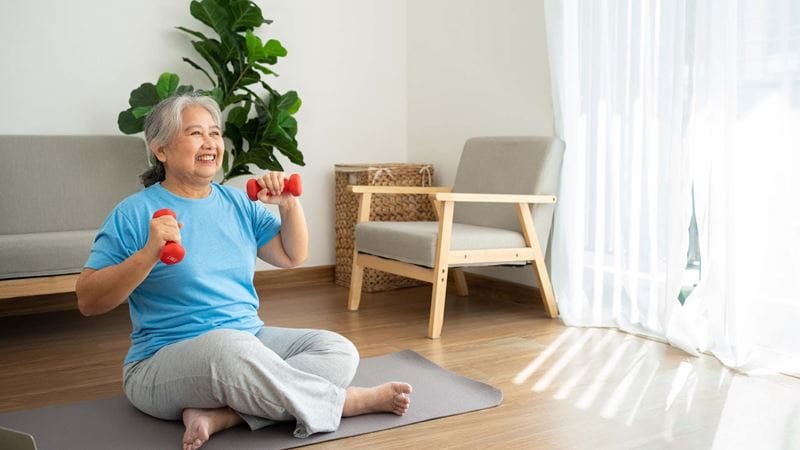
Harper recommends adding balance work into anything you do as a great way to help build confidence and lessen the fear of falling:
“Exercises like single leg lifts or lunges improve your balance, and that sort of training can help you live longer, because it reduces your risk of falls."
“You're less likely to fall if your proprioception (your sense of spatial awareness) and balance are good. So you're reducing that risk plus making your bones and muscles stronger.”
As well as balance exercises, any moves that replicate activities of daily life (things we do every day) are also useful.
In time, these exercises help to make life easier.
Absolutely not! Whether you’re 50 or 100, any activity is always better than none. You can reap the benefits of strength training at any age.
If you’ve noticed your mobility decreasing, or you’ve had a fall and suffered a fracture, that’s even more reason to start, because it will help – I promise you. You’ll be amazed at how quickly things can turn around.
I’m not saying you’ll wake up one day and be back to where you were when you were 21, but you will notice activities like reaching overhead become less difficult or there’s a reduction in joint pain.
Maybe getting in and out of the car will become easier, or you can play football with the grandchildren without getting too tired or feeling your muscles getting sore.
Phillipa Cherryson is senior digital editor for Saga Magazine. Phillipa has been a journalist for 30 years, writing for national newspapers, magazines and reporting onscreen for ITV. In her spare time she loves the outdoors and is an Ordnance Survey Champion and trainee mountain leader.
View author page
Everything you need to know about protein, from how it benefits your body to the best high-protein foods – and how much you really need.


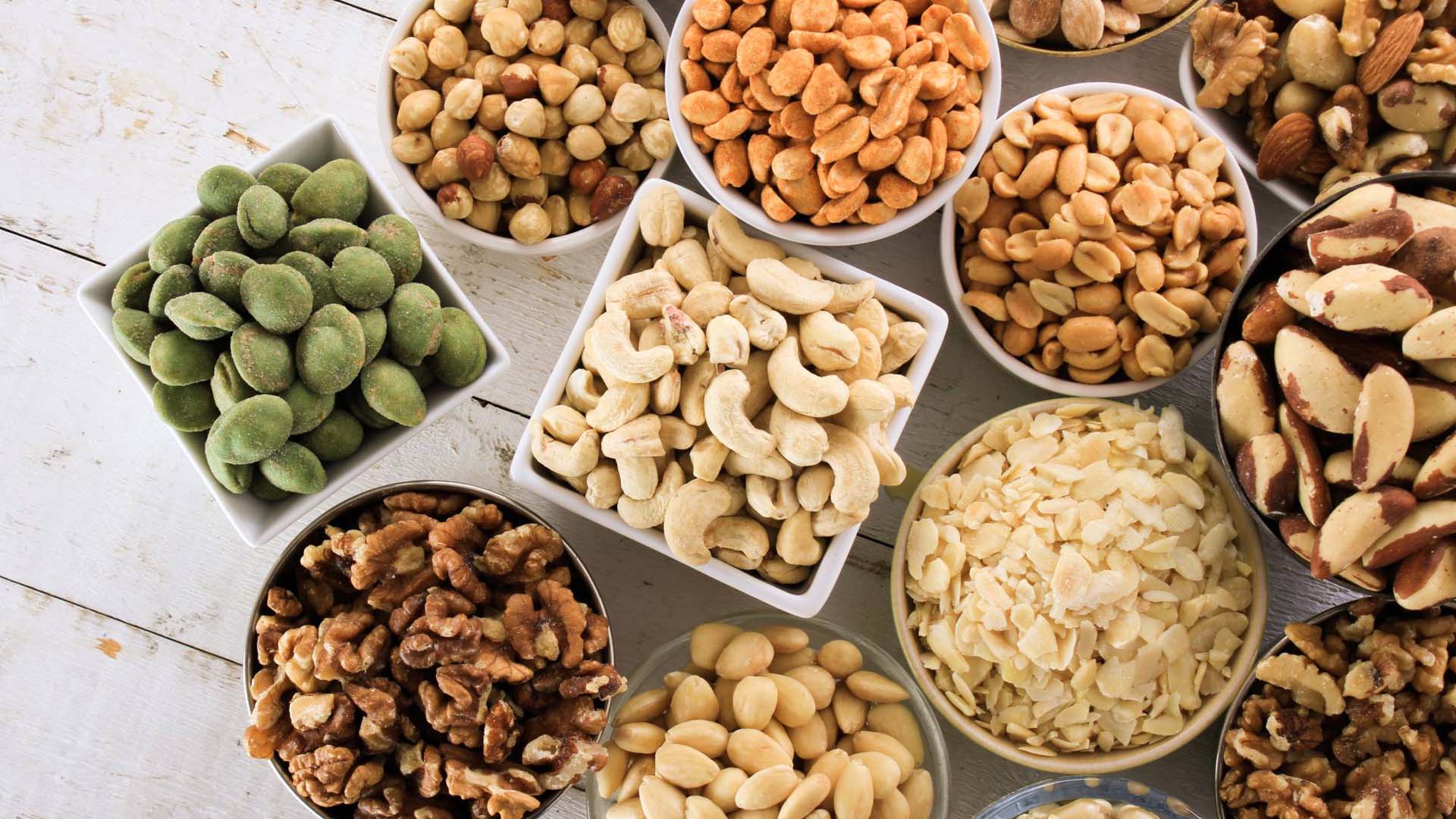
Let’s roast the myths! Not only are nuts less fattening than once feared, research shows they can cut the risk of heart disease too

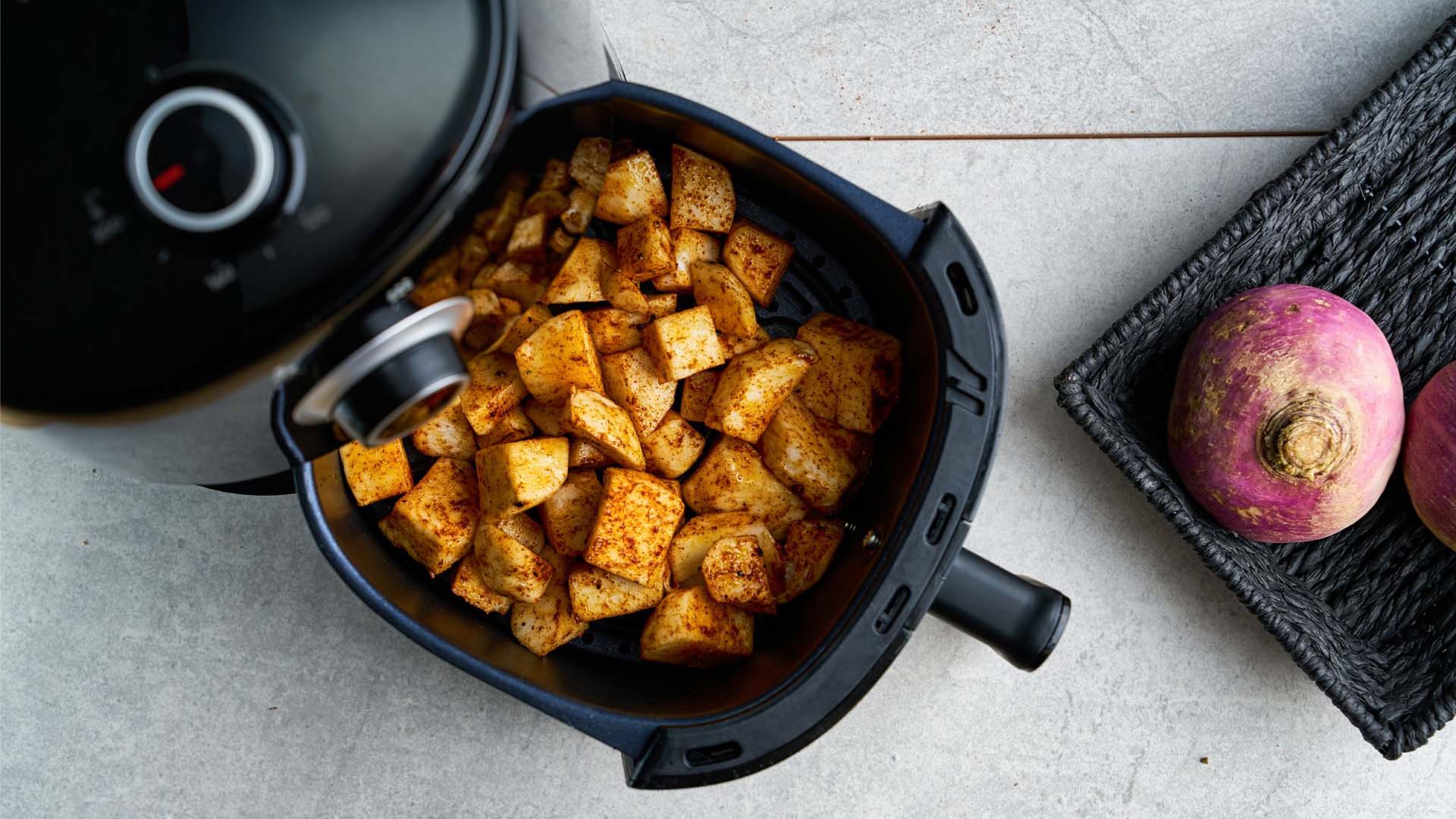

Strawberries don't just taste and look great, they are full of fibre, help your heart health and may even stave off dementia.

Looking after your gut health could be one of the biggest things that you can do for your overall health. Here are the best foods to keep your gut happy.
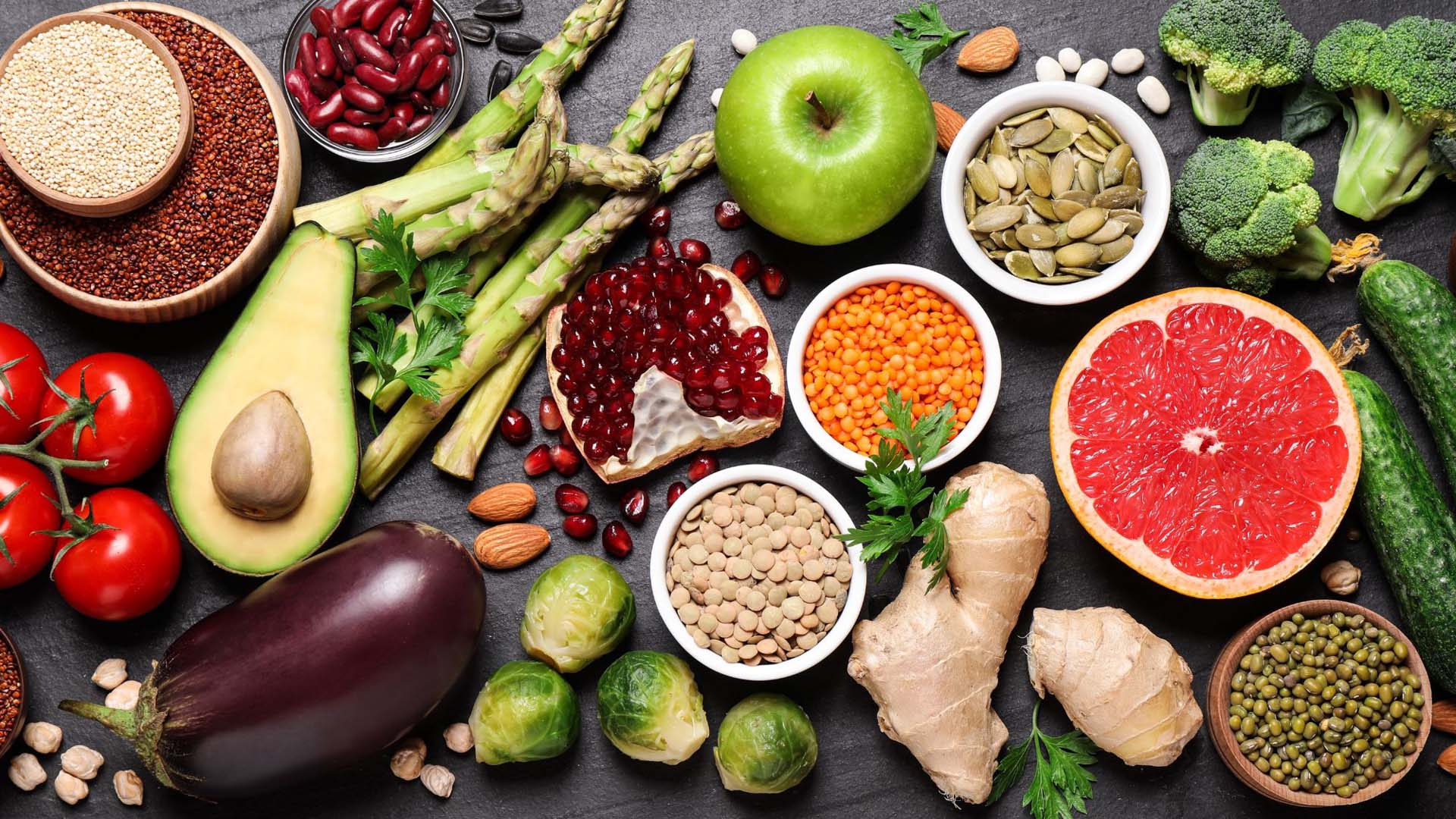
The foods that could help you live longer and protect against chronic illness.